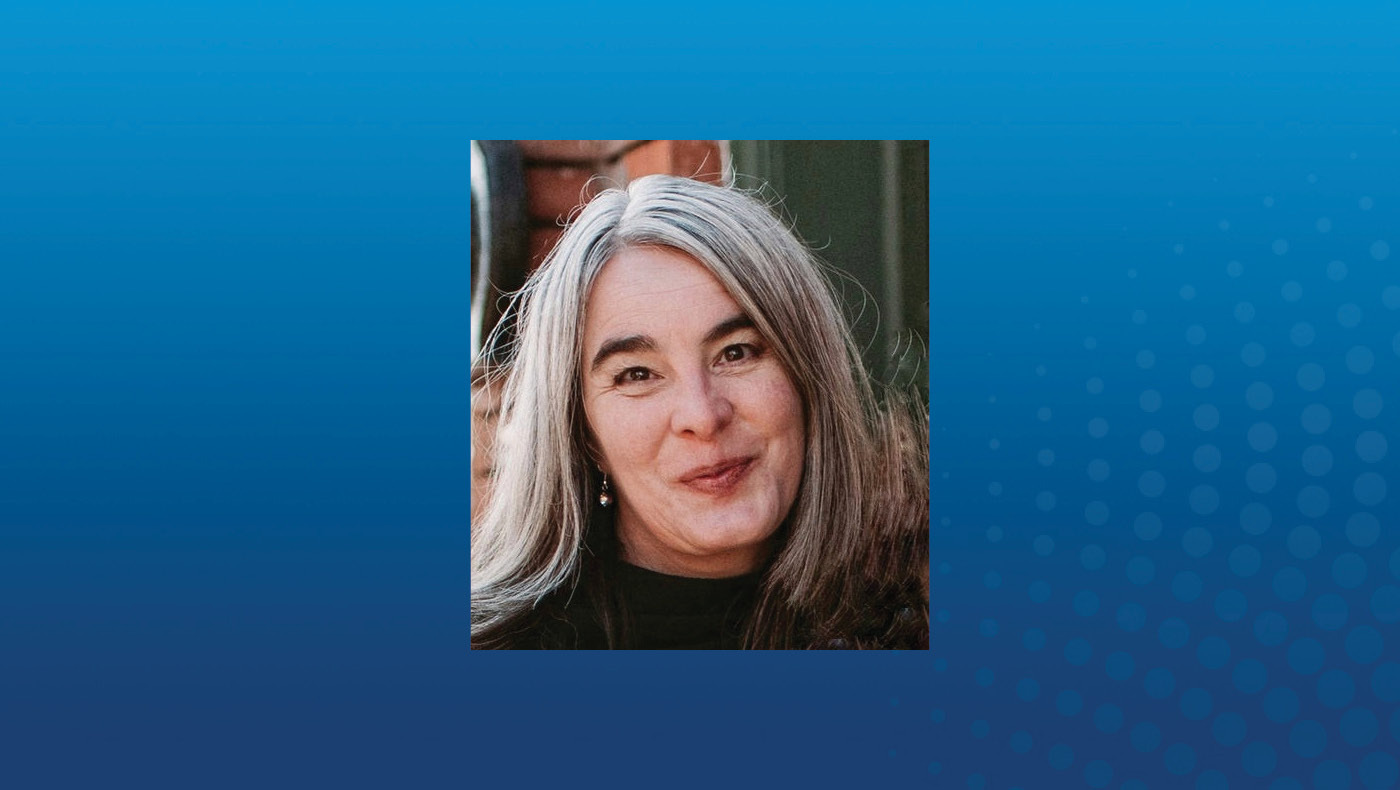Joey Running, MAEEE class of 2023, is an accomplished business instructor who has earned significant recognition in the field. She currently serves as a business educator at West Albany High School and emphasizes the importance of supporting other educators teaching personal finance with current, engaging, up-to-date resources. This involvement has led to advocating with her students for a personal finance course/higher education and career path skills semester courses as graduation requirements for Oregon students. She shared the opportunities that MAEEE has provided her with and how it contributed to her success.
What exciting news or accomplishments have you been a part of?
I was named 2024 National Business High School Educator of the Year and have been recognized by the Oregon State Treasury with this year’s Oregon Financial Empowerment Award. Additionally, I have served as a 2019 Educator Ambassador for the Federal Reserve Bank of San Francisco and have been a Next Gen Personal Finance Fellow since 2017. I have been featured in teacher spotlights for organizations such as National Endowment for Financial Education High School Financial Planning Program, Take Charge Today, Practical Money Skills, and was the first scholarship recipient of the Ted Beck Effective Educator Award.
Why is this news valuable to your colleagues or educators considering the MAEE program?
For educators selected for the program, it highlights real-world impact and career growth opportunities. With my MAEEE degree, I have served to advance financial education, advocate for curriculum changes, and support fellow educators with up-to-date resources. This unique program is equipping educators with the expertise needed to lead in personal finance and economic education and empowering educators to make meaningful contributions in their schools, communities, and beyond.
What did you learn through your MAEEE experience that you wouldn’t have learned anywhere else?
Through the MAEEE experience at the University of Delaware, I gained a deep understanding of economics and entrepreneurship that goes beyond traditional business education. The program provided unique insights into economic policy, financial empowerment, and innovative teaching strategies that I have applied directly to my classroom and advocacy work. The hands-on, research-driven approach of the MAEEE program allowed me to develop advanced skills in curriculum development, data-driven decision-making, and effective financial literacy instruction. Additionally, the opportunity to collaborate with leading educators and policymakers in the field gave me a broader perspective on how economic education can shape student success and influence state and national policies.
Describe an important connection you have made through your graduate program.
There are too many to list – the faculty and staff of the MAEEE program provided not only academic knowledge but also guidance on how to advocate for financial literacy at the state and national levels. Their dedication to economic education reinforced my passion for ensuring students are equipped with the financial skills they need for success. These connections – both personal and professional – have been instrumental in my growth as an educator and my ability to drive meaningful change in personal finance education. Jim O’Neil, Bonnie Meszaros, Professor Butkiewicz, Carlos Asarta, Jen Magaw, Susan Sherry, and more all played a role in the program. My cohort members became a network of like-minded professionals dedicated to advancing financial and economic education. Our experience together during this time (on campus and online) promoted collaboration, idea-sharing, and support within our group created an ongoing professional learning community that continues to influence my teaching today. We are still very connected, and I hope to encourage a reunion soon!
The MAEEE graduate program helped me become…
. . . a more effective and influential educator, equipping me with the knowledge, resources, and connections to advocate for financial literacy, enhance my teaching strategies, and empower students with essential economic and personal finance skills.
If you were to describe your classmates in one word, what would that be and why?
Resilient is the perfect word to describe my classmates because throughout the MAEEE program; they demonstrated unwavering dedication to advancing economic and financial education despite the challenges of balancing work, studies, and personal commitments. They adapted to new teaching methods, engaged in deep discussions, and pushed for meaningful change in their schools and communities. Their perseverance, passion, and commitment to improving financial literacy for students make them not just educators, but true advocates for economic empowerment.
What piece(s) of advice would you give to current MAEEE students or prospective applicants?
I would advise current MAEEE students and prospective applicants to fully embrace every learning opportunity the program offers. Engage deeply with the coursework, collaborate with your cohort, and seek guidance from experienced mentors like Jim O’Neil and the dedicated faculty. The knowledge and network you build will be invaluable in shaping your impact as an educator. Additionally, apply what you learn in real time—integrate new economic and financial literacy strategies into your classroom, advocate for curriculum improvements, and connect with organizations that support financial education. The MAEEE program is more than a degree; it’s a platform for leadership and advocacy in economic education. Lastly, stay connected with your cohort and faculty beyond graduation. The relationships you form will provide ongoing support, inspiration, and professional opportunities that can help you continue to grow and make a lasting impact in financial and economic education.
Is there anything else you’d like to share with us?
Best wishes to the incoming cohort!




